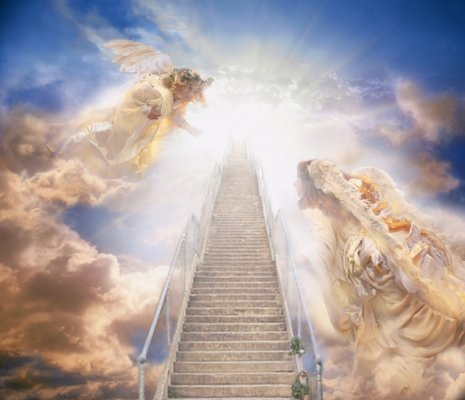Journalists like me have never been particularly comfortable using anonymous sources. When you don’t name names, someone inevitably questions if your source is real or imagined.
But after dealing with some addictions in recent years, I feel differently about it.
Mood music:
There are some important distinctions to be made from the outset: I’ve written opinion pieces in my day job as a security journalist that have been critical of the hacker group Anonymous for hiding their identities while doing damage to others.
Going behind a mask so you can launch protests is fine with me, because honesty can be difficult when you fear the FBI agents at the door. I’ve been specifically critical of cases where I thought their actions had harmed innocent bystanders. In cases where innocents are hurt, hiding behind a mask makes you a coward, in my opinion.
That aside, we do live in a world where speaking your mind will get you blackballed, investigated or unfriended and unfollowed — if the latter two matter to you.
In one example where we were covering a data breach, a former employee wanted to tell us what really went on in the lead-up to the breach. But the person didn’t want their name used for fear that the company would try to sue them or hurt their chances of landing future employment. I agreed. A few days later, the person decided not to tell their story because people still in the company were snooping around the LinkedIn profiles of former employees. I can’t say I blame the person.
Indeed, covering security has made me understand the importance of anonymity compared to my experiences in community journalism.
But my experiences with addiction are what truly brought the importance of anonymity home for me.
Though I chose to tell everyone about my dependence on binge eating and, to a lesser extent, pain pills and alcohol, I’ve met a lot of people in OA and AA who never, ever would have started dealing with their demons if they had to do so publicly — in front of friends, family and workmates. The prospect of being blackballed, fired or worse would have kept them on the same path to self destruction.
But because they can go somewhere where everyone is going through the same ugliness and not have their names exposed, they can be brutally honest about themselves and take those few extra steps to get help.
It would be nice if we lived in a world where everyone honored naked honesty. But as Ice-T once rapped in a Body Count song: “Shit ain’t like that. It’s real fucked up.”
I was lucky. I was able to out myself and my demons without getting blackballed. It’s been an immensely positive experience. But you can’t always depend on the loving, respectful response I got.
In that environment, if anonymity can help a few more people get at the truth about themselves and the world they live in, then let it be.








